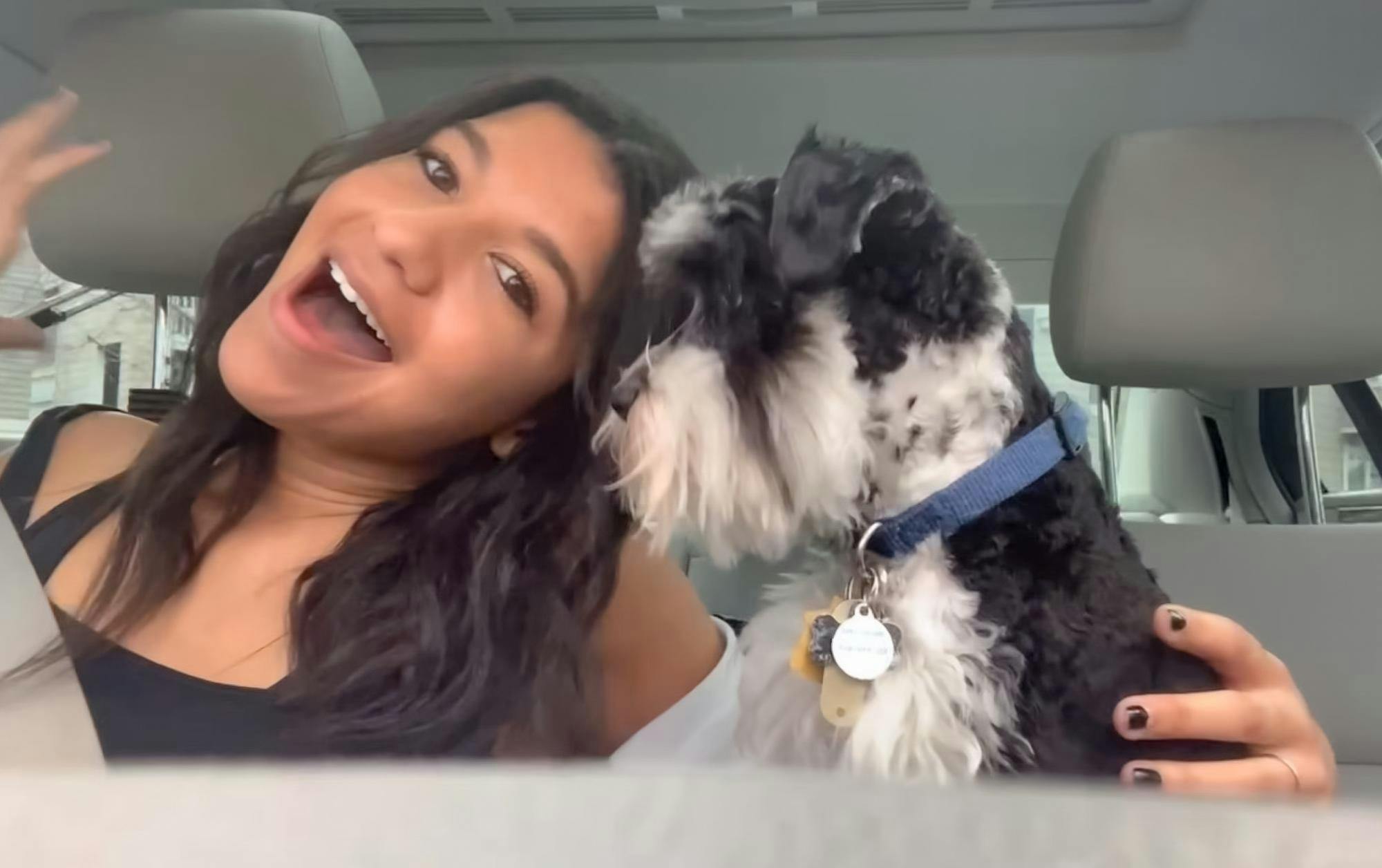This column is part of the Mental Health Collaborative, a project completed by nine North Carolina college newsrooms to cover mental health issues in their communities. To read more stories about mental health, explore the interactive project developed specifically for this collaborative.
I was 12 years old when I was first prescribed antidepressants. Growing up is difficult on its own, but growing up with a diagnosis of major depressive disorder and trying to manage it with medication was an exhausting battle that I was not expecting to encounter — especially at such an early age.
Major depressive disorder is one of the most common psychiatric disorders, with a median age of onset of 26 years old.
Psychotherapy and medication, specifically selective serotonin reuptake inhibitors, are the recommended treatments for MDD upon initial diagnosis.
My teenage years had been an endless cycle of trying a medication, feeling “okay” for a few weeks, feeling symptoms return and increasing my dosage. When the increased dosage didn’t work, I’d try another medication. By my first semester at UNC, I had tried and failed four different antidepressants and had given up on psychotherapy.
Two weeks after my 19th birthday, I found myself on the floor of my father’s office with my head against the wall, lamenting, “My brain isn’t working,” to my parents. I thought I had run out of possible solutions, and I felt completely helpless.
After countless nights of research, my mom sent me an article about transcranial magnetic stimulation.
TMS is a noninvasive brain treatment that stimulates underactive nerve cells in the brain with magnetic fields. It is FDA-approved for patients with treatment-resistant depression who have not experienced success from other treatments.




